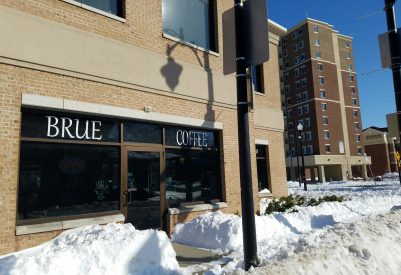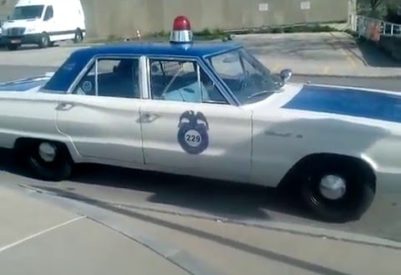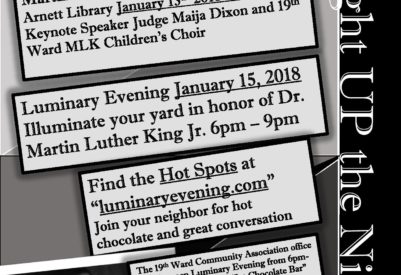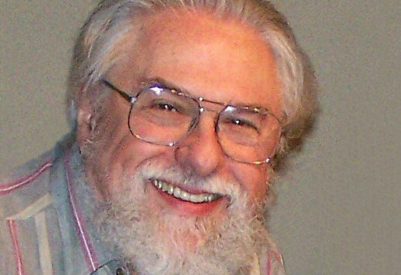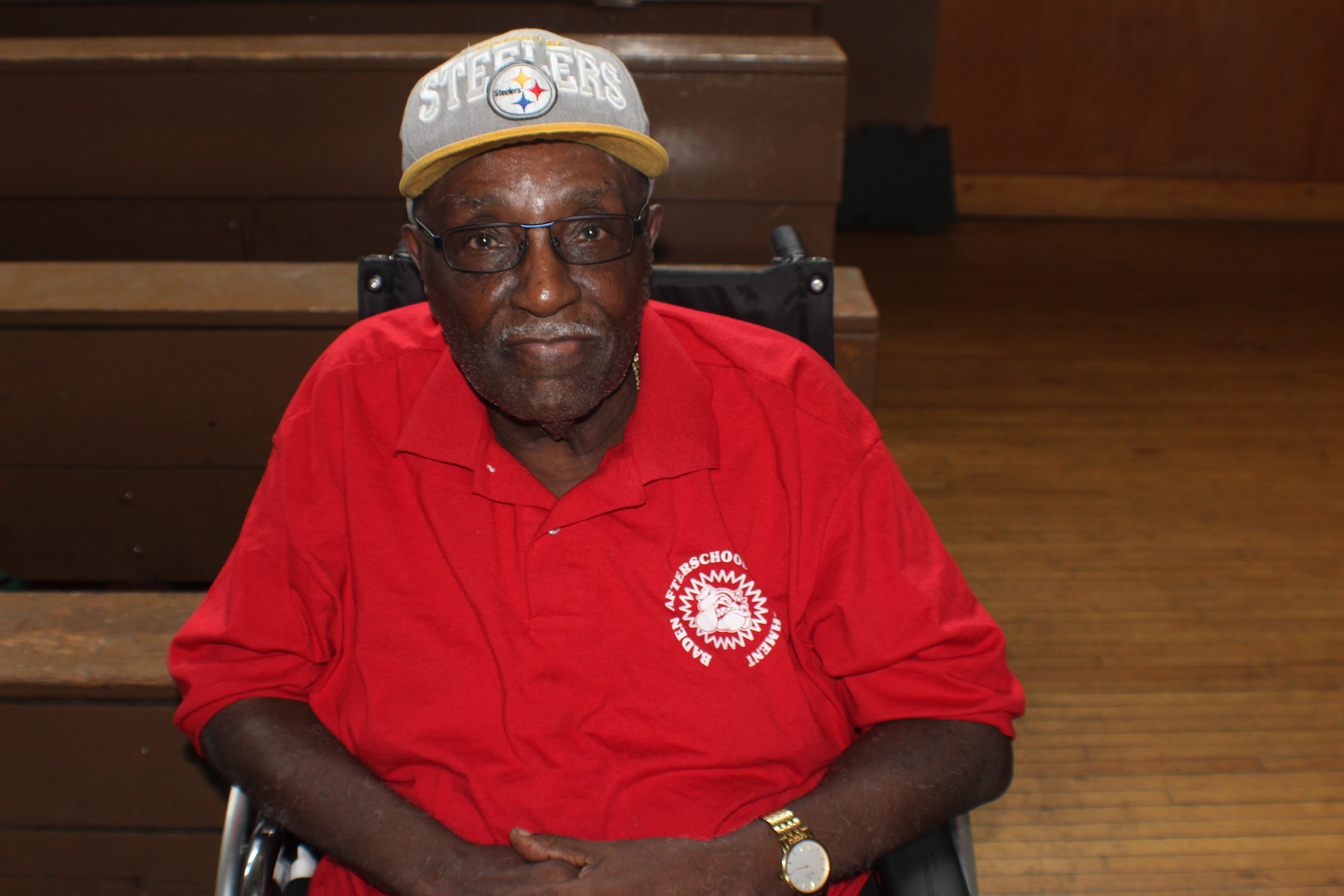
Cover Photo: Coach Johnson
SOUTHWEST TRIBUNE
Many Rochesterians remembers Baden Street Settlement Coach Lord Johnson, for his part in building one of the most successful recreational departments in Western New York.
In 2007, Johnson was inducted into the Rochester Hall of Fame and awarded, the Outstanding Trainer Award for teaching and instructing 3 generations of youth
Because of Baden Street’s popular sports programs, the recreational staff was able to play an integral role in cultivating kids living in low-income households
The agency’s goal is to pursue, the elimination of the causes of poverty and to reduce the level of negative social problems associated with being disadvantaged. A strong recreational program was a key component to achieving its goal.
When Baden Street wanted to expand its recreational program with either karate or boxing in 1970, Johnson was tapped for the job. Popular boxing superstars like Muhammad Ali, made his decision an easy choice.
“Because they wanted to be like Ali, the Undisputed Heavyweight Champion of the World, all the kids in the community wanted to learn how to box,” Johnson says. “Their overwhelming interest in the sport was so compelling and strong with passion, it took ‘only’ one year to develop a top tier-boxing program.”
Coach Johnson’s quick success in the sport earned him a nod from his peers to serve as the general chairman and coach for the Western Region U.S. Junior Olympic Boxing Team in 1971.
Over his career, Johnson has helped several boxers from the Rochester area move up to the professional ranks, including brothers-Daryl and Joe Loving and Spanish fighter, Pablo Dejesus.
Pam Jackson, director of Baden Street’s recreational department have been with the organization for 48 years, explains the advantages of the boxing program as giving kids other options to do something positive and get off the streets. And it taught them to believe in themselves.
1975 Golden Gloves Champion Gary Carelock, who trained under Johnson agrees.
“I was taught that boxing is an art, Carelock says. “It’s not anything you use as a weapon. You use it with respect. Boxing took me a long way. And thank God, I’m alive today.”
Now at 84 years old, retired and confined to a wheelchair. You can still find the fiery coach teaching kids at School #9.
“Coach Johnson reared several generations of young men and women that were fatherless by giving them discipline and making them trust in themselves to reach for things they thought at one time they couldn’t make possible,” states Michael Swinton,” Baden’s Group Facilitator. “He have been an essential part of this community in establishing black and Hispanic kids, by using sports to teach them, they have a legacy, they need to leave behind to bring into perspective for those who follow after them.”
After graduating from Franklin High School, Johnson spent 12 years in the United States Air Force as a military policeman before returning to Rochester, and joining Baden Street’s recreational staff, over 50 years ago.
Looking back, Johnson recalls how hundreds of kids from the community would leave and come to Baden Street everyday after school.
They were residents of Fight Village, Chatman Gardens and up and down Clinton and Joseph Avenue and the old Hanover area, where the Harriet Tubman Houses are located.
“It wasn’t a lot of income coming in the households,” Johnson adds. “So, they relied heavily on Baden Street’s programming that didn’t cost the families anything for their children to attend.”
During the 1960s and up until the late 1980s, it didn’t matter if the sport was football, basketball, baseball, cheer-leading or boxing. Baden Street’s boys and girls’ teams were leading in their respective divisions.
And besides sports, they were many year-round activities for kids of all ages like arts and craft and traditional game-room functions.
“Our kids could participate in any recreational activity, but you had to do your homework first and attend tutoring twice a week,” Johnson says. “Education, discipline and respect for elders and your community were our top priorities. This was a tough community when we first got over here, but we put some things together to make this community know how to survive.”
“The recreational department played an important role in my development because adults who live in the community, often mentored me at Baden Street,” states Donnell Curry, Edison Tech’s, assistant football coach. “They knew what your mom and dad expected from you, so you couldn’t do things, you wouldn’t be allowed to do at home. They were an extension of your parents.”
Many kids, who participated in the programs, later in life credits lessons learned at Baden Street, as cornerstones to becoming stewards in their communities
“When I came out of the military I was happy, when I got hired at Baden Street, because I was doing what I love to do,” Coach Johnson explains. “I was at a place and in a community where people taught me, so I could pay them back. They didn’t get paid for what they did for my generation. Money was never the objective, when it came to the kids and the community. And today as a community, we’ve lost that perspective and it has cost us greatly. But we can turn it around, if we come together and get involve with the kids, we’ve done it before.”


